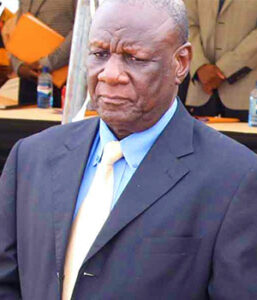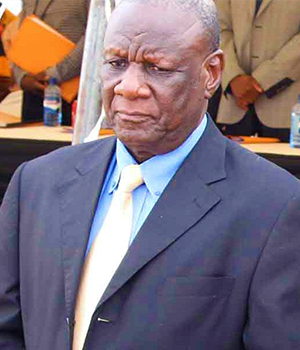Botswana Peoples Party (BPP)
Party Background

Botswana People’s Party was formed in 1960 as the Bechuanaland People’s Party under the leadership of Motsete, Matante and Mpho. The party’s formation was indirectly stimulated by the flow of South African exiles following the Sharpeville massacre in March 1960. The party’s structure was based on the African National Congress (ANC), but infighting quickly plagued the party. The party became an opposition party to the traditionalist Botswana Democratic Party then led by Seretse Khama.
The BPP was further influenced by Ghanaian independence under the leadership of Kwame Nkruma. The main objective of the party was to liberate the people of the Bechuanaland Protectorate from colonialism which was achieved in September 1966 when Botswana gained independence.
Matante was the first president of BPP. He became the first member of parliament for Francistown and the leader of the opposition during independence in 1966.In the 2014 General Elections, the BPP formed part of the Umbrella for Democratic Change (UDC) alliance and gained six northern constituencies. The north had historically been a BPP stronghold, but BPP lost support and loyal constituencies. The party’s goal became to rebrand for the 2019 elections by establishing youth structures and regaining interest in the party under the leadership of President Mbaakanyi Smart.
BPP always advocated for opposition unity. In 1989, they had a working relationship with the now defunct Botswana Progressive Party. They were part of the Botswana Alliance Movement and PACT and joined the UDC. BPP continues to advocate for a complete merger of opposition parties, primarily because these pacts have proved to be fragile and prone to defections.
Leadership Hierarchy
 Party LeaderMotlatsi Molapisi
Party LeaderMotlatsi Molapisi Vice PresidentOnalenna Chabaya
Vice PresidentOnalenna Chabaya Secretary GeneralMbaakanyi Lenyatso
Secretary GeneralMbaakanyi Lenyatso

